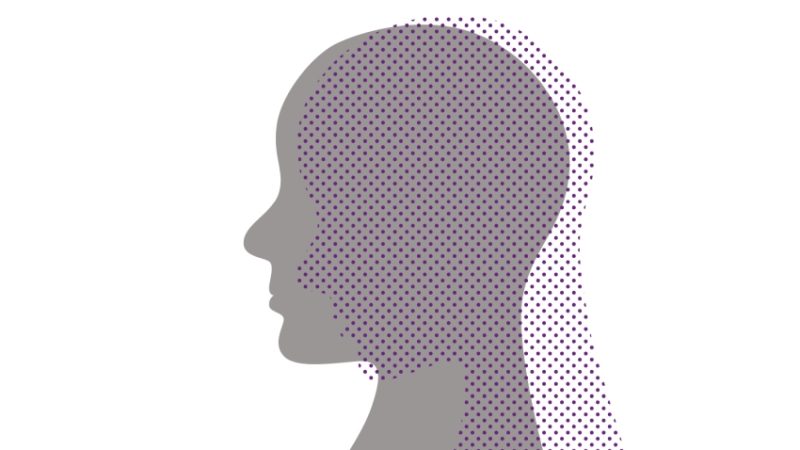Action Research Changed my Opinion…and my Teaching Practice

English teacher Scarlett Potticary expected action research to confirm her assumptions – but in fact, it did quite the opposite…

We are all guilty of making grand statements about personal teaching practice or student opinion. We have all boldly proclaimed ‘that won’t work with my class’ or ‘my pupils hated studying that’. And, not only do we make these claims, we feel justified in doing so.
As teachers, we are encouraged to critique our lessons, adapt accordingly, respond in ways we deem appropriate.
In my training years, I briefly reflected on every lesson I taught: my notes ranged from ‘discussion worked well, ask another student to expand rather than jumping in with teacher dialogue’ to ‘Never. Try. That. Again.’
As much as these self-evaluations felt useful, how did I know I was right? How much should I have trusted my own judgement? How much weight should I have placed on my feelings or ‘hunches’ of how well (or abhorrently) the lesson went?
Early inspiration
One answer is probably to be found in action research: in-class studies aiming to improve issues within teaching practice. It’s a hands-on approach, with the teacher at the heart of the research, designed to be supported by educational theories.
Employed by a school in which you tailor your own career development plan, with emphasis placed on research and self-reflection, I felt well placed to conduct such inquiries.
At the beginning of the academic year, my department implemented a reading model in which students read at the beginning of every lesson: action research was to judge the efficacy of this. I initially expected my data to neatly summarise my fully formed opinions; I was ready to see my ‘critical’ viewpoint reflected in educational research.
It started off neatly enough. In the early stages, I was inspired by academic articles, expert opinions and journal reviews on reading engagement and reading for pleasure. I set up recorded observations and proceeded with my study. Within a month, I had a great deal of data to analyse.
A different angle
But then, during these reviews, two videos caught my eye. On these occasions, in which I had resourced the lesson already, I had sat down to read my book alongside the pupils. During this, children became visibly more engaged.
When I asked the students in my focus groups why they believed this to be the case, I received the eloquent and detailed response: ‘Well I seen you doin’ it’.
Therefore, my research took a turn. It became about teacher modelling: a strategy we constantly employ. As an added bonus, when I didn’t circulate and prompt students to engage with their stories, I could spend those precious minutes with my own book.
And of course, it makes total sense that, in order for us to best promote reading in our schools, we need to show our students that we love to read, that we value reading and that we read regularly, too.
In addition, pupils have such a keen sense of what is right, what is wrong, what is fair, what is not. Why should we not practise what we preach?
This revelation led me to think differently about my research. It inspired me to go away and read more about teacher modelling, which has infiltrated my whole practice. Although I was mindful that students watch and take on board all that we do, I am now astutely aware.
New thinking
I am very conscious that I could appear to be making another bold claim (that teacher modelling is the answer to all our reading woes) but that isn’t quite the point I am making.
Yes, this research influenced our department and we model reading more frequently. Yes, it led us to ask students to model reading, and we are trialling the benefits of reciprocal reading. But my main take? Action research led me to think a little differently.
Before I commenced this study, I wouldn’t have considered the impact of modelling on reading engagement. I would have probably dismissed it as tokenistic, or immediately deemed teacher prompting more effective.
Now? I am about to commence my second cycle of this research and approaching this, I am doing so with a more open mind: I want my opinions to be challenged and I want to find more than I might expect.
Scarlett Potticary is an English teacher at Bedminster Down School, Bristol.












